
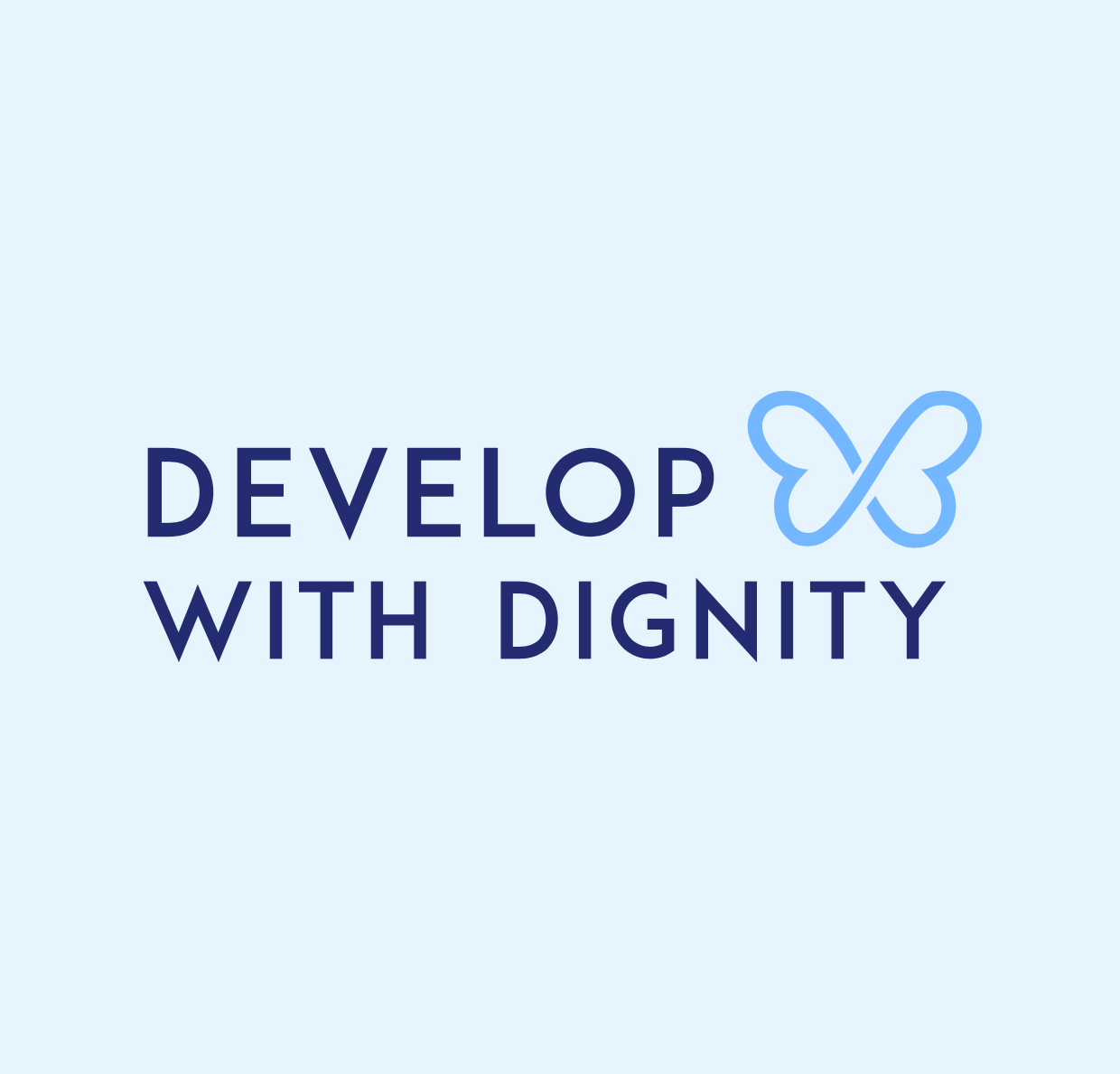

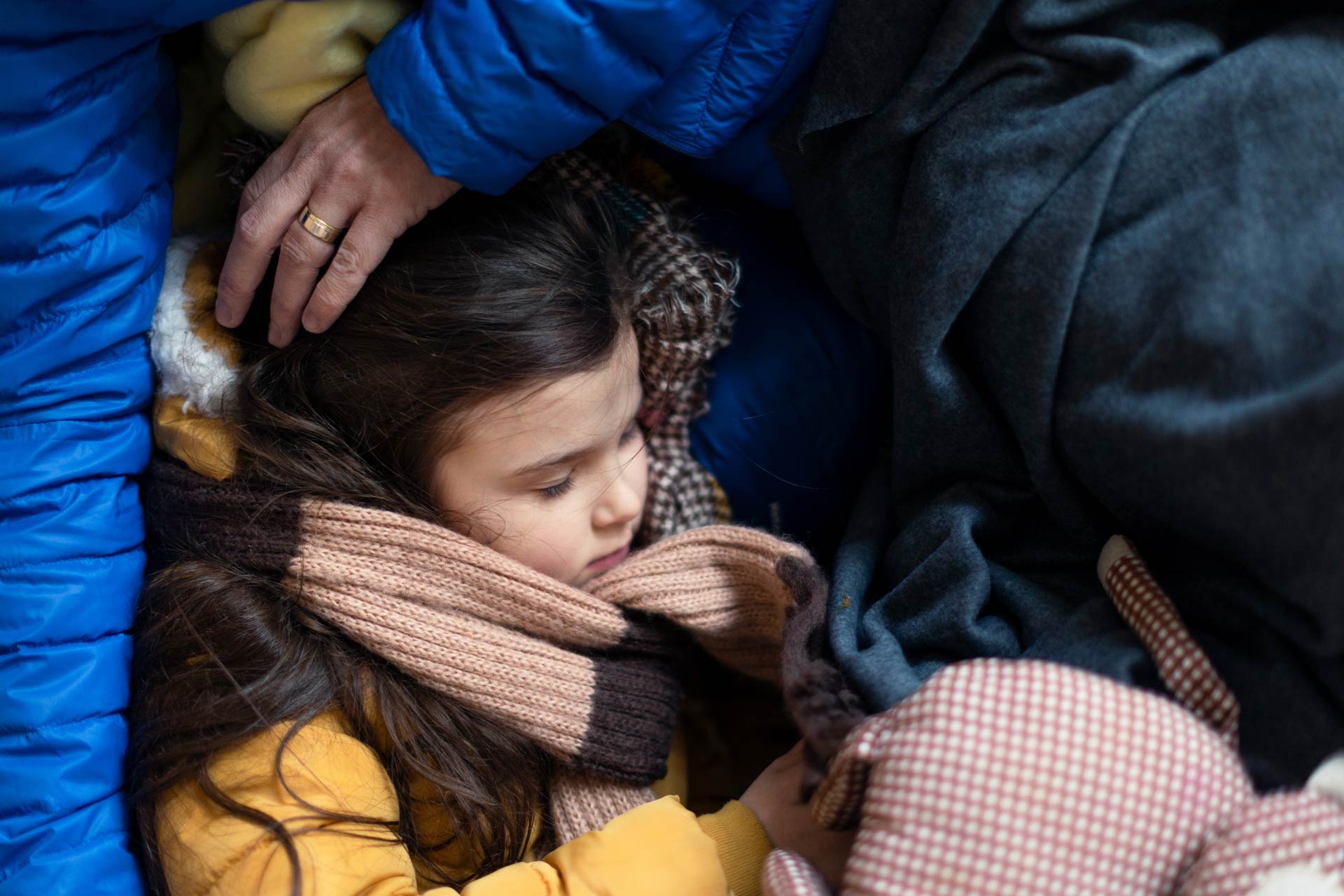
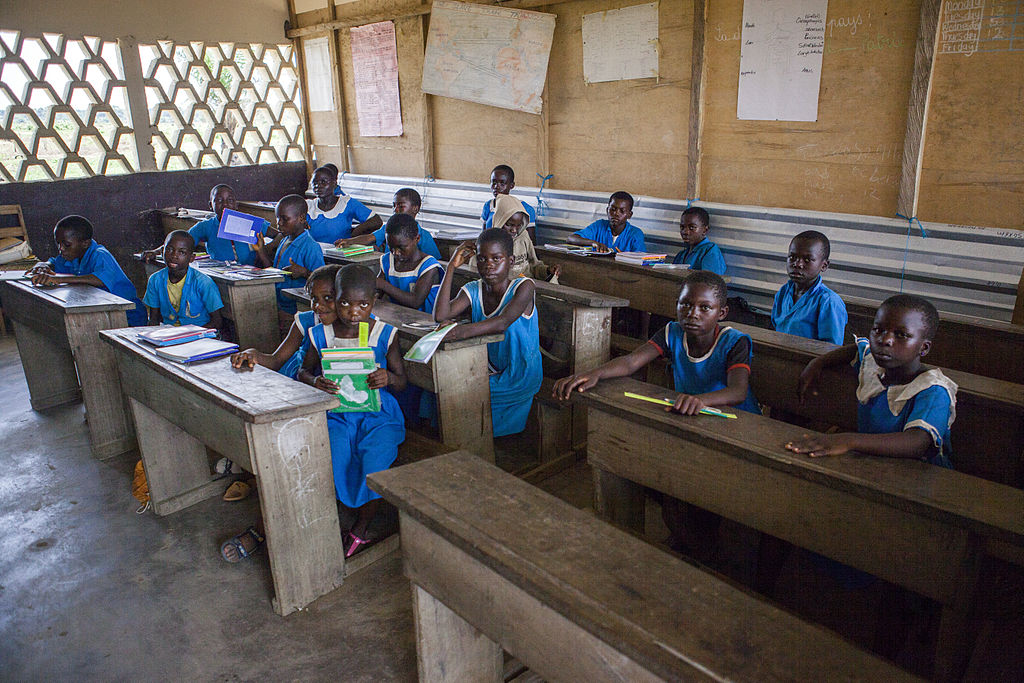
Our develop with dignity program takes a holistic approach in supporting young people to go to school and stay in education. Since the program started in 2015, we’ve been on a learning journey, and believe the most effective strategy invests in the following areas:
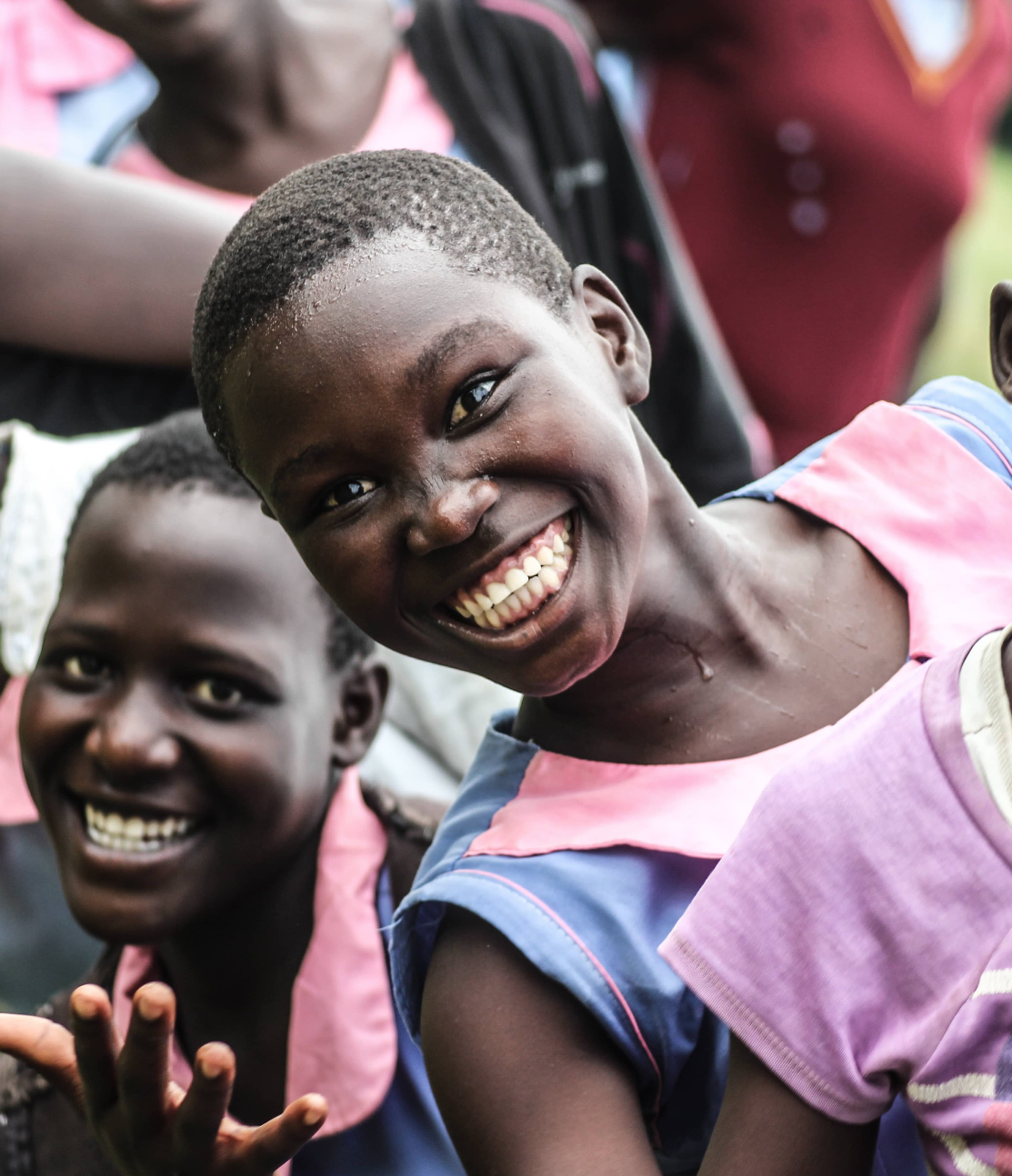
Enabling schoolgirls to attend school comfortably without shame or fear.
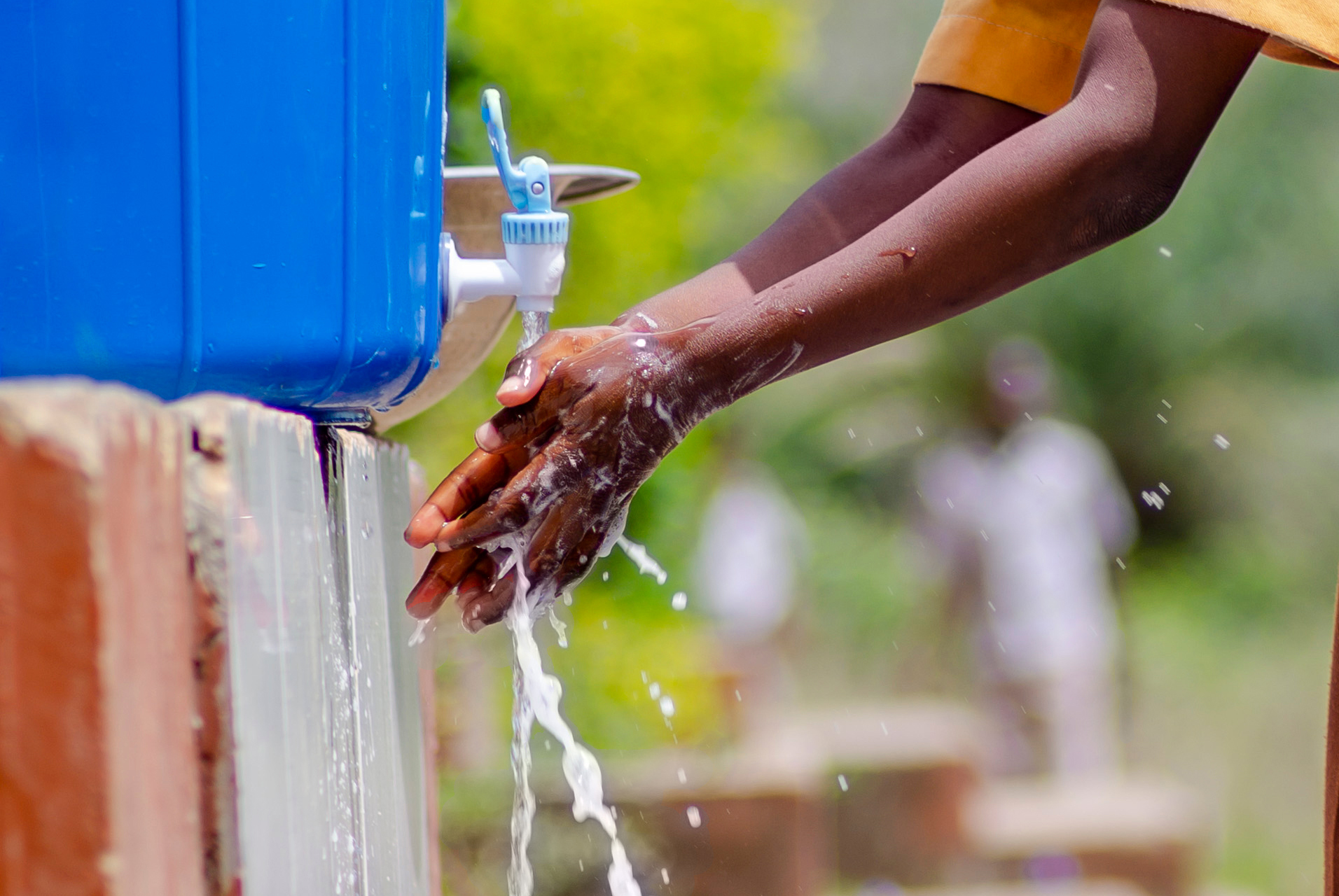
Water – improving health, preventing infection, ending diarrhoeal disease
Since 2015, our partners have supported nearly 6,500 schoolgirls in Uganda and Sierra Leone with washable sanitary pads and basic menstrual health education. We have recorded a 45% decrease in menstrual-related school absence and a 27% decrease in diarrhoeal-related school absence. Through successful grant-funding and the support of our donors, our Ugandan team have delivered training seminars in Sexual Health Education to 260 teachers and have collaborated with African adolescent health experts to create resources to support teachers to deliver lessons on a range of subjects within Sex Ed.
Of the 91 government-funded primary schools in Kumi, Uganda, donor support and grant-funding has provided 77 with 1000ltr handwashing facilities, and provided 20 with increased handwashing equipment in the fight against COVID. In 2020, we supported our partners to build the first manufacturing unit and shop in Kumi to supply locally made washable sanitary pads and give employment to 4 tailors.
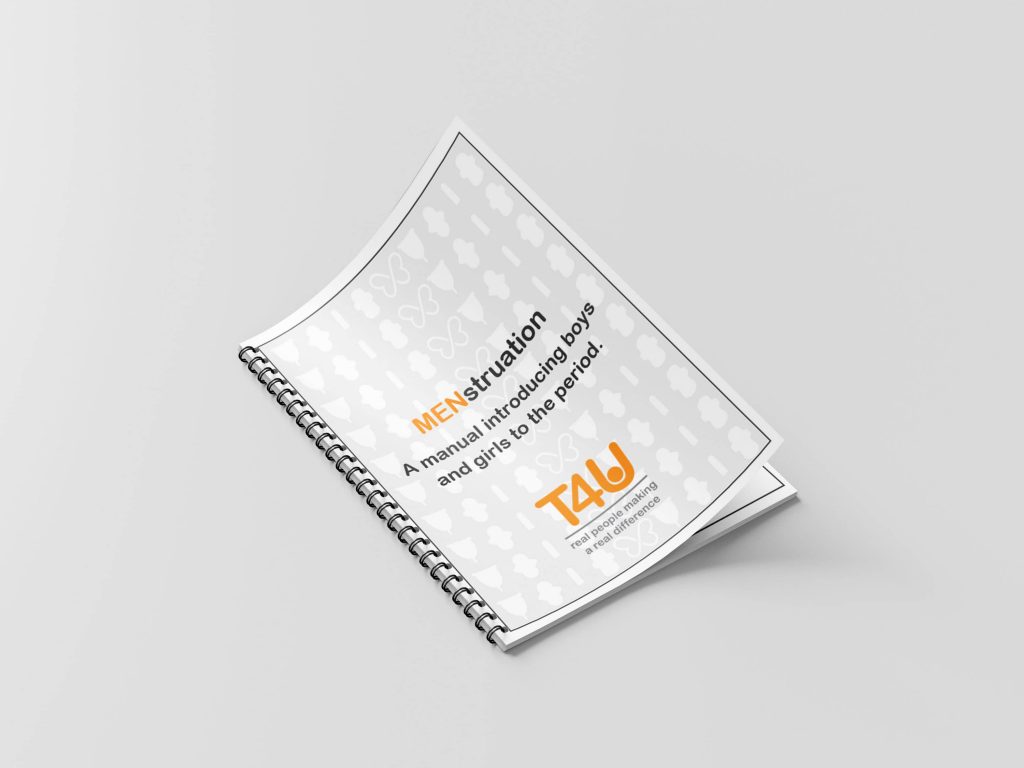
At Teams4U we have always been passionate about community-led interventions and learning from the voices of change and activism in the countries in which we work.
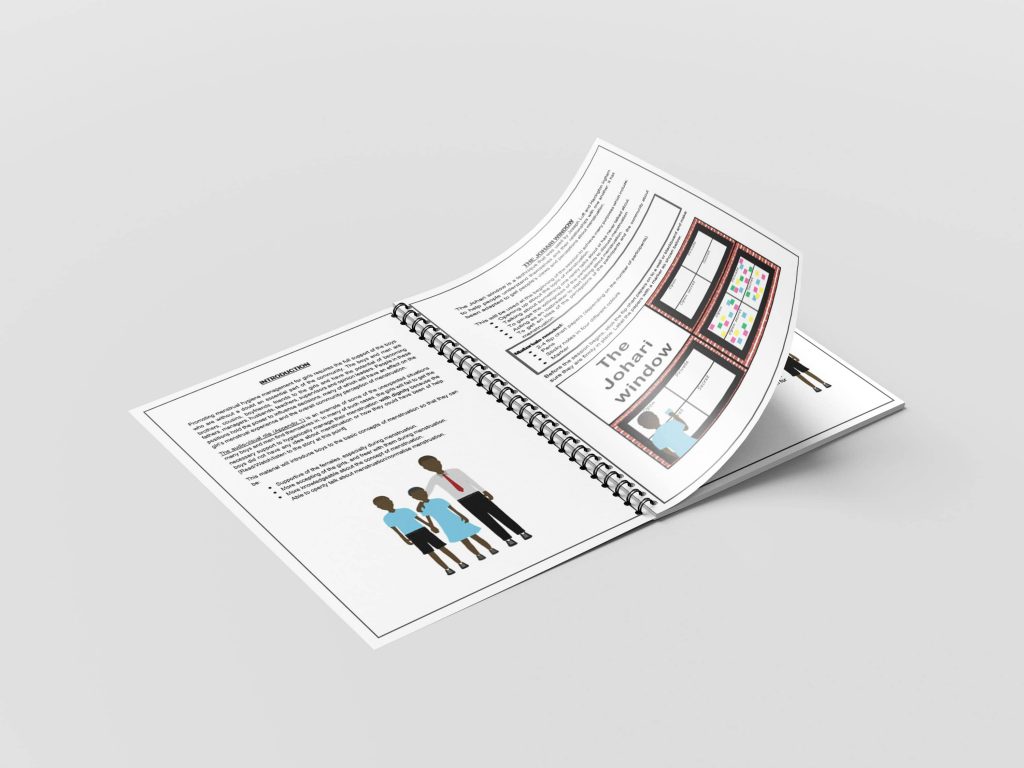
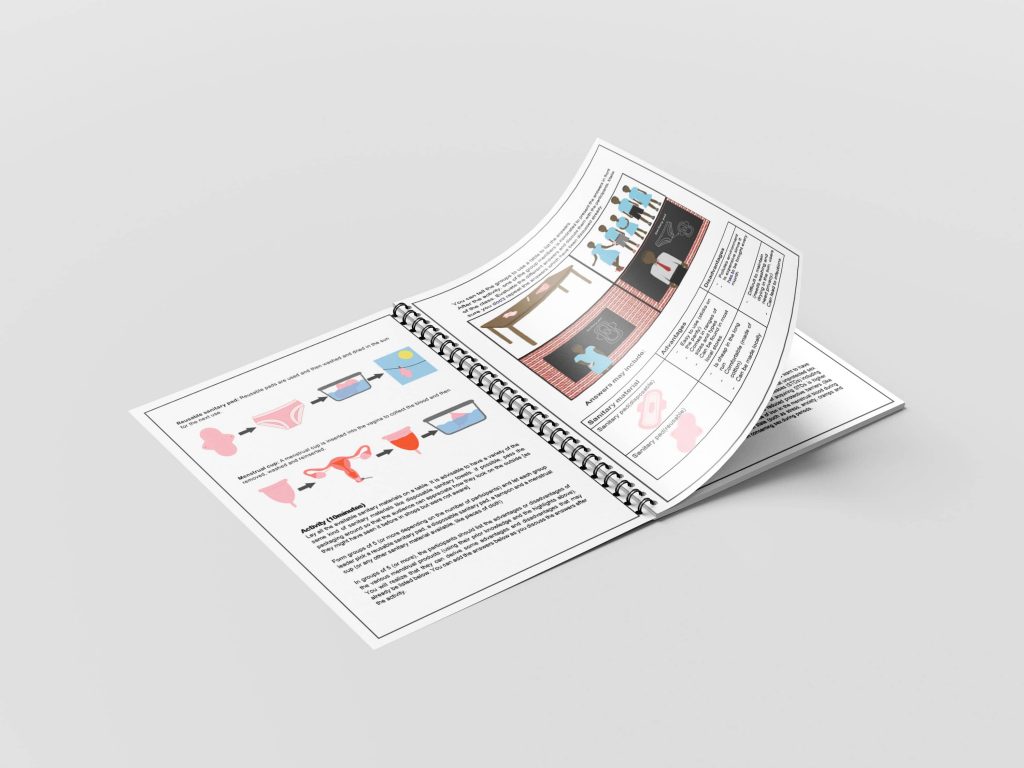
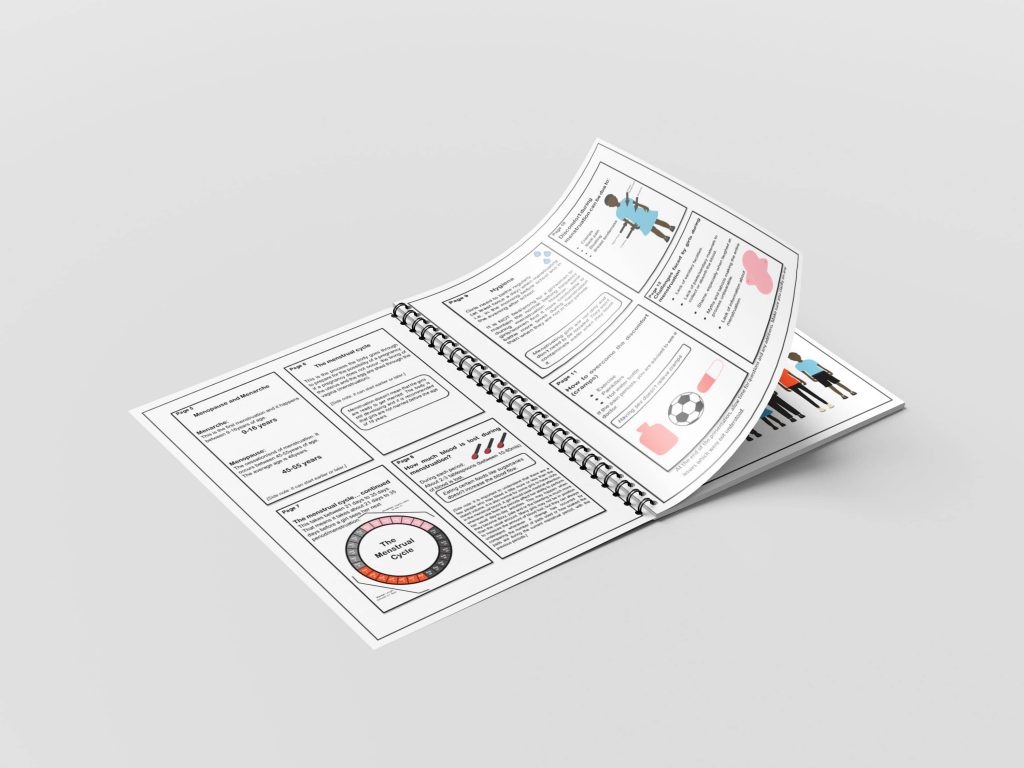
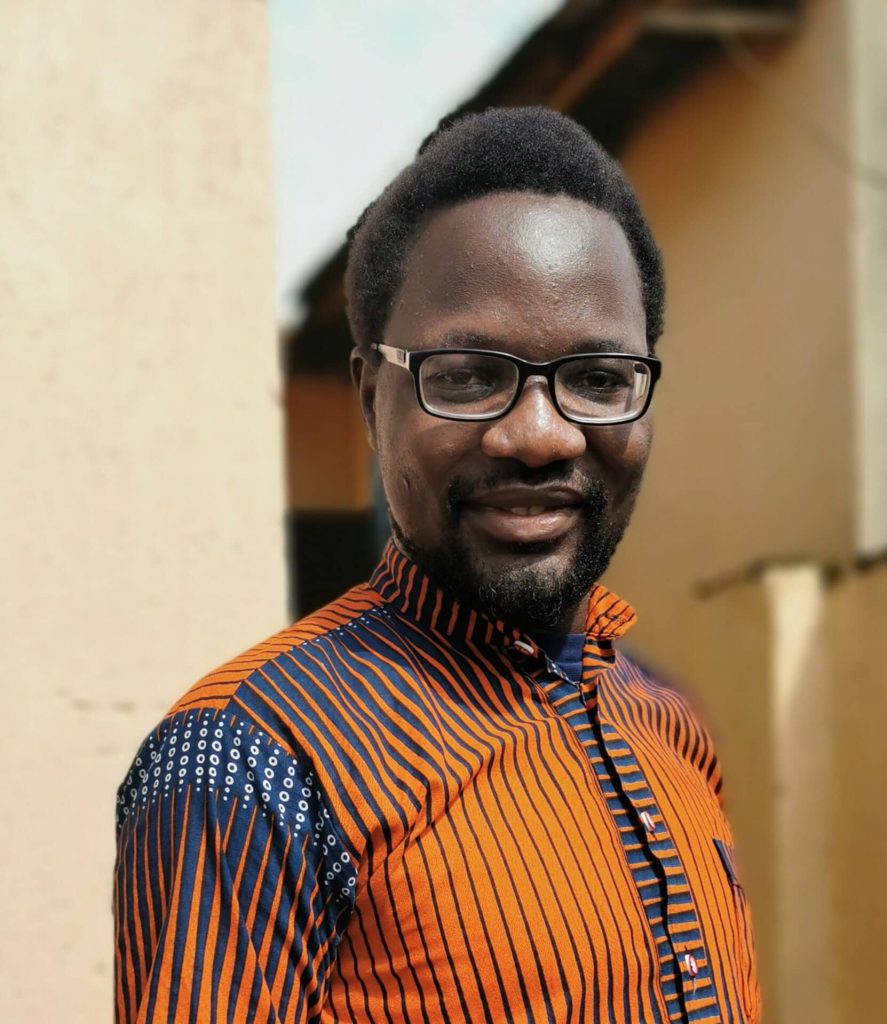
Ephraim is a public health specialist with a medical background and experience in SRHR, community/rural health and infectious diseases. His work in menstrual health started in 2014 when he organised the 1st World Menstrual Hygiene Day in Western Uganda.
Since then, he has served in committees, contributed to international documents. Also, his work on menstruation was recognised by Meghan Markle in 2019. He is a Women Deliver Young Leader and a recipient of several awards including the Johnson and Johnson Global Voices Youth Award.
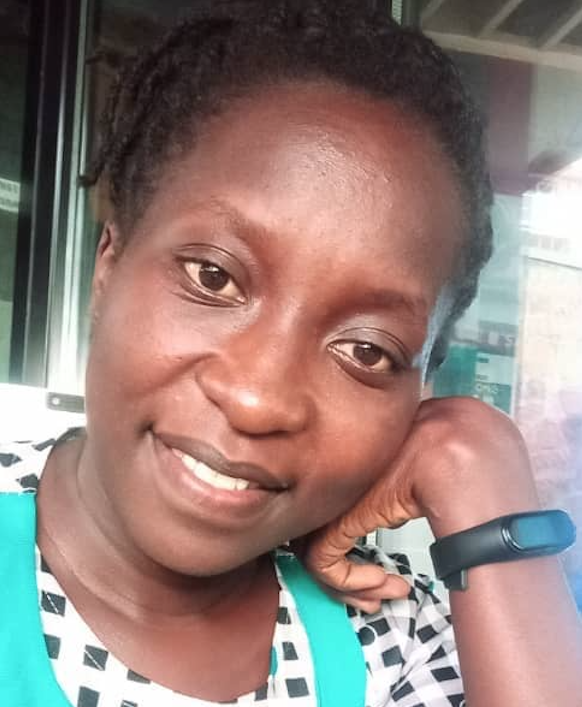
Charlotte is a multi-talented award-winning poet and writer with a bachelor’s degree in Biomedical Sciences. She is passionate about community health. She volunteers with Nyalojjie Integrated Foundation (NIF) as a project lead in community health education programs. She is a final year medical student at Makerere University in Uganda. Her poem “Broken Dreams” about menstruation is included as an appendix in the manual.
This material was particularly designed to support local community efforts looking to structure their teaching on menstrual health on the foundations of universally agreed principles, e.g., dignity, privacy, awareness, and that menstruation is normal. It has also been created as a resource point to open discussion on any existing cultural barriers that may keep women socially excluded from education/community activities whilst on their period.
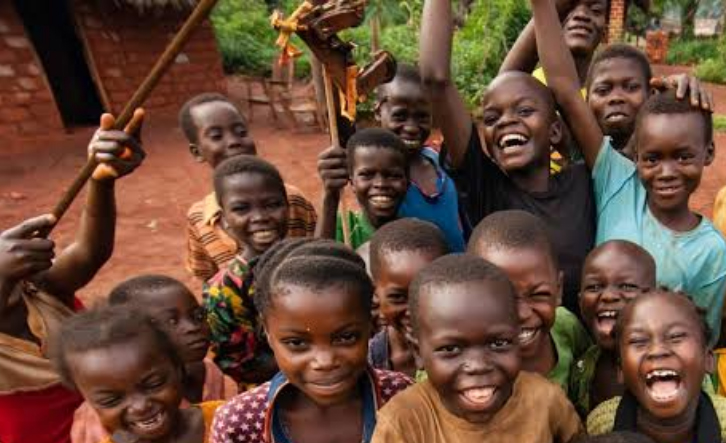
Due to COVID and schools being closed for nearly a year, the risk to girls has significantly increased with a rise in forced child marriage, abuse, teenage pregnancy and maternal death soaring throughout Sub-Saharan Africa. We are in desperate need of funds to continue supporting our Develop with Dignity program, providing pads to girls in this crucial time so missed schooling, due to their periods, doesn’t ultimately impact critical exams that will determine their future. We also need to keep investing in our Sexual Health program to safeguard the lives and potential of these young women; the men whose futures may be de-railed by uninformed choices; and the lives of the unborn who are at significantly greater risk of complications, or death, if conceived to teenage mothers.